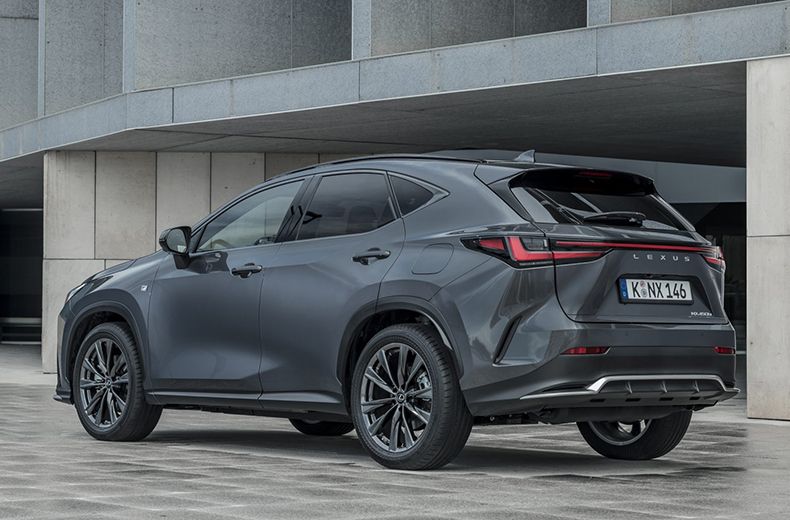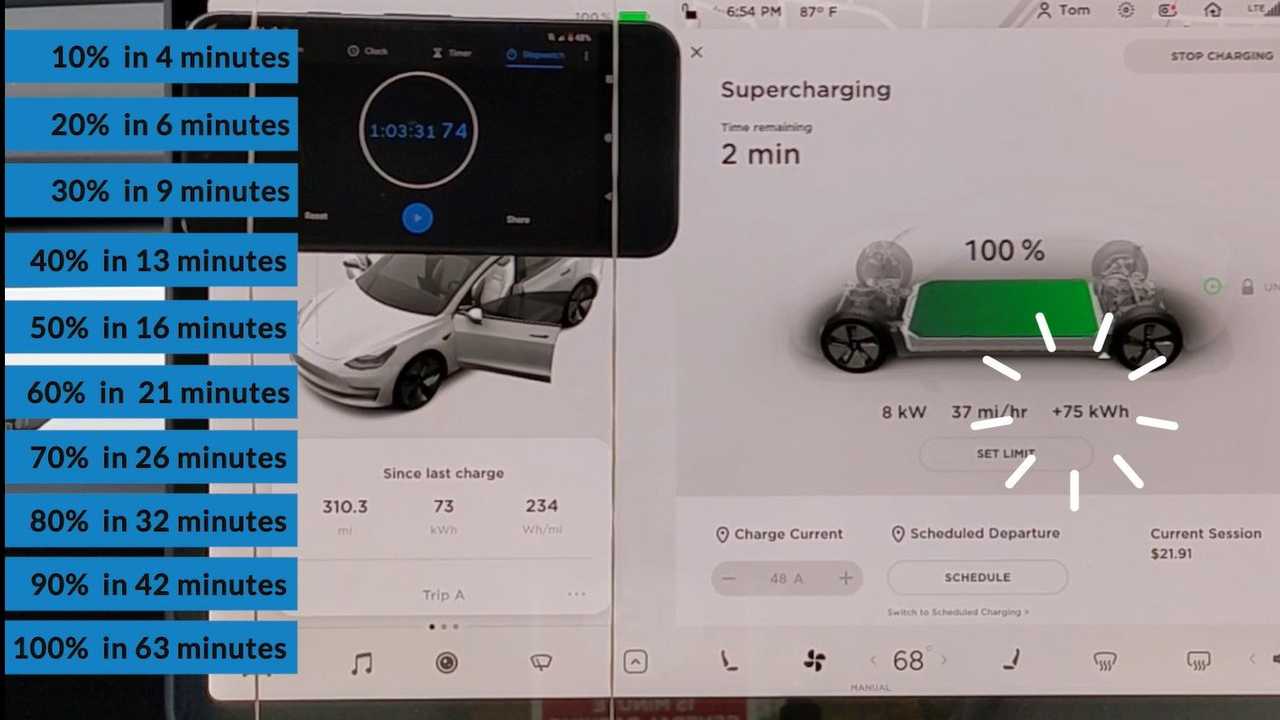
Honda, a Japanese automobile manufacturer, has a history in making cars for both the domestic and global market. Their products are manufactured in both Japan and the United States, and many of their products are fully designed and developed in America. The company's most popular vehicle is the Civic Hatchback. With the HA-420 HondaJet, they have expanded into aerospace. Apart from making motorcycles and automobiles, they also produce electric generators as well lawn mowers, chainsaws and engine jets.
Honda's history can be traced to 1963 when the company first began developing prototypes for road cars. Initially, Honda was primarily focused on the Japanese market. Soichirohonda, a Japanese mechanic opened his own auto shop after the war. His passion for motor vehicles started early in his adulthood. He worked alongside his father to fix his bicycles and apprenticed in Tokyo as a mechanic.
In 1965, Soichiro and his team at Honda created the T360, a two-door Kei car that was sold in the Japanese market. The car was equipped with a four-speed transmission and a 360 cc, 30 hp engine. It was one of the first four-wheeled vehicles made for the Japanese market. In 1972, Honda replaced the N360 with the Civic.

The company built its first cars, the S500 & T360, in the late 1960s. The designs were intended primarily for the Japanese market but were only prototypes. They were modified to suit the requirements of Honda's international customers. In the mid-1980s, the company installed advanced technologies such as speed-sensitive power steering, multi-port fuel injection, and variable valve timing technology. These technologies were later included in the production models.
The company began producing cars and trucks equipped with independent rear suspensions during the 1990s. These Uni-Body designs were developed after the Dodge Rampage, Plymouth Scamp, Volkswagen Rabbit pick-up and Plymouth Scamp. Insight was the first hybrid electric vehicle introduced by the company in 1999. This was followed by the Honda Accord in 2004.
The company launched an ecological campaign in 2010 that stressed the importance of engine engineering processes and manufacturing processes as well as their contribution to protecting the environment. ASIMO, an animated robot that is childlike and looks around the advertisements, is featured in this ad. It is designed to help drivers understand how to use their fuel efficiently.
Honda has also contributed significantly to the advancement of artificial intelligence. Since 1986, it has been actively involved in research related to artificial intelligence. Asimo, the current project of Asimo brings together many experts to create a robot capable of walking.

The company has participated in numerous racing events and tournaments. Honda-powered cars have won the Japanese Super Formula Championship multiple times. They have also won a number of races in the World Enduro Championship and Motocross World Championship.
Honda also makes motorbikes. Their range of vehicles includes small SUVs, hybrid electric cars, and a variety of crossovers. You can also find the CR-V Insight and Accord in their lineup.
FAQ
How can I fix my automobile as a hobby.
Take up a hobby in car repair if you have an interest. You can learn to fix them, buy them parts, and even sell them. If you are looking for something more, it would be an excellent hobby.
But it is not easy to turn this into your full-time occupation. It requires a lot of hard work and dedication. And you'll need to invest a lot of money too.
So unless you have a good reason for wanting to get involved with cars, then it might be best to leave it alone.
Is it hard being a mechanic apprentice
It's not easy, but you learn fast, and there are many opportunities for advancement.
You must be patient and persistent. Also, you must know how to fix trucks, cars, and motorcycles.
Customers and relatives can exert a lot on you. You should not feel pressured into making difficult decisions.
If you like fixing cars, this could be a great career option. This is a job that allows you to earn a decent income and grow your business.
But, you might prefer a different path. In this case, you could consider becoming a technician instead.
This is where you use your technical skills to support other workers. Technicians could benefit from your technical expertise to solve problems or teach new techniques.
Another option is to become an advisor in service. As a service advisor, you will provide assistance and advice to customers as they bring their car to a garage.
Your decision will be based on what your priorities are. There are many options, so you can choose the one that suits you best.
How can I prepare myself for a mechanic apprenticeship
It is essential to understand what you are getting into. Understanding the mechanics and working of cars is essential. This will allow you to be prepared for your first day at work.
You should also know how to fix common problems such as tires or broken lights.
This will teach you how to diagnose problems and fix them yourself.
You'll also need to know how different parts fit together to put them back together again.
Finally, be proficient in using tools safely and efficiently.
All these things will help you to become a competent mechanic.
Statistics
- According to the BLS, total auto technician employment is expected to exceed 705,000 by 2030. (uti.edu)
- 52% of Mechanics in the United States think their salaries are enough for the cost of living in their area. (indeed.com)
- The U.S. Bureau of Labor Statistics (BLS) reports that the job outlook for automotive service technicians and mechanics is expected to decline by 4% from 2019 to 2029. (indeed.com)
External Links
How To
How to guard yourself against auto mechanic scams
Consumers are often victims of auto mechanic scamming. On average, a consumer spends $1500 per year on auto repairs. This means that there is plenty of people willing to take advantage. But, knowing what to look for can help you avoid falling prey to scammers. Here are some tips to help you spot a scammer before they get their hands on your money.
-
Never pay upfront. It's a scam to ask for payment upfront. You should always ask for payment after work is completed. You can call the Better Business Bureau (BBB) at 1-888-322-8138 if you are unsure if something is legal. They can provide guidance and assistance.
-
Ask for references. It's a great way to verify that you're dealing directly with a service provider who is trustworthy. Also, it's a good idea check online reviews. You should ensure that the business you do business with has a good reputation.
-
Do background checks. Do background checks before you hire anyone. To see if the company has any complaints, check the BBB website. Also, ensure that the vehicle's license number belongs to the person who owns the business.
-
Do not be afraid to leave. Even if a business appears legitimate, scammers will try to get you to pay too much. If you feel cheated, don't hesitate leaving. There are many businesses out there that can help you.
-
Avoid "free" services. Numerous companies offer free estimates and inspections. These companies usually charge exorbitant fees later. Before agreeing to any agreement, always ask about any additional costs.
-
Avoid being pressured. If a company offers a great deal, they may think they have the right to charge you less. If you find yourself in a situation where you are being pressured to buy something, it's likely a scam.
-
High-quality products are what you want. When looking for a repair shop, you want to ensure that they use high-quality parts. You shouldn't use cheap brake pads if you need them. Instead, you should go to a shop that specializes in brakes.
-
Get multiple quotes. It's important to compare prices between different shops. You'll have a better chance of finding a fair price when you do so.
-
Keep track of everything. It's important to keep track of all the details surrounding your repair. This includes all receipts, invoices, or warranties. Any phone numbers or addresses you receive should be noted.
-
Keep updated